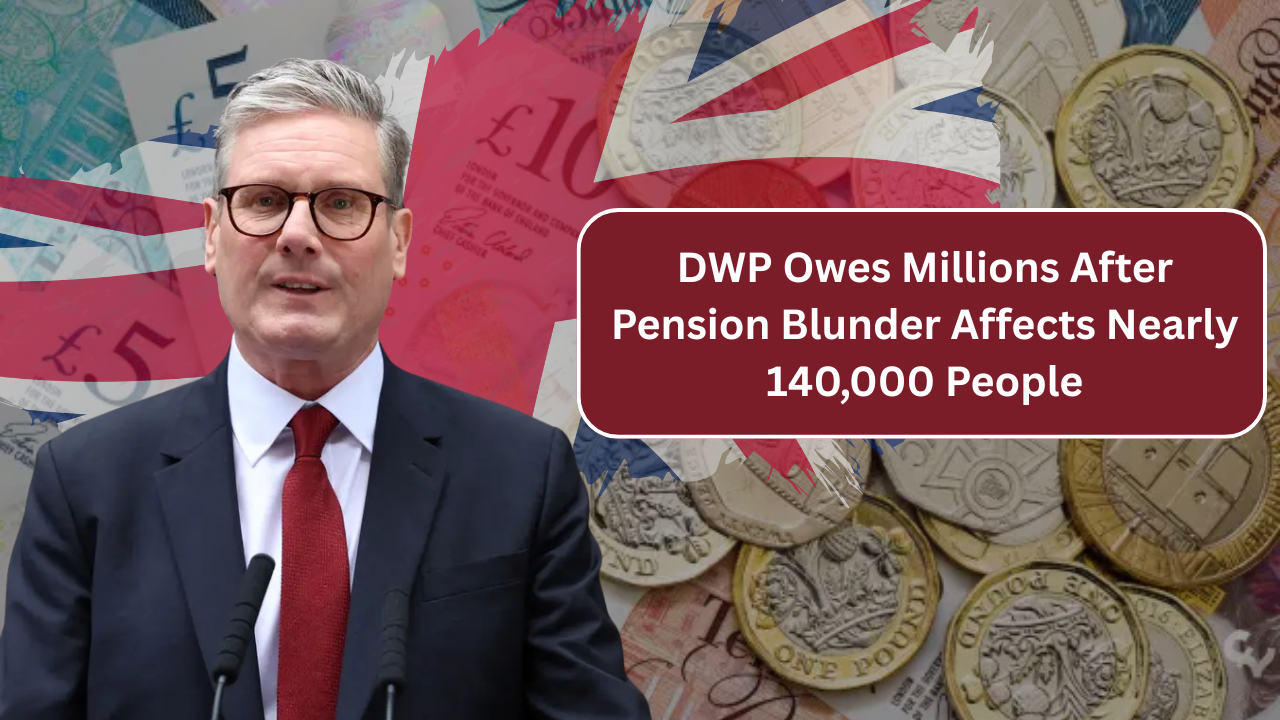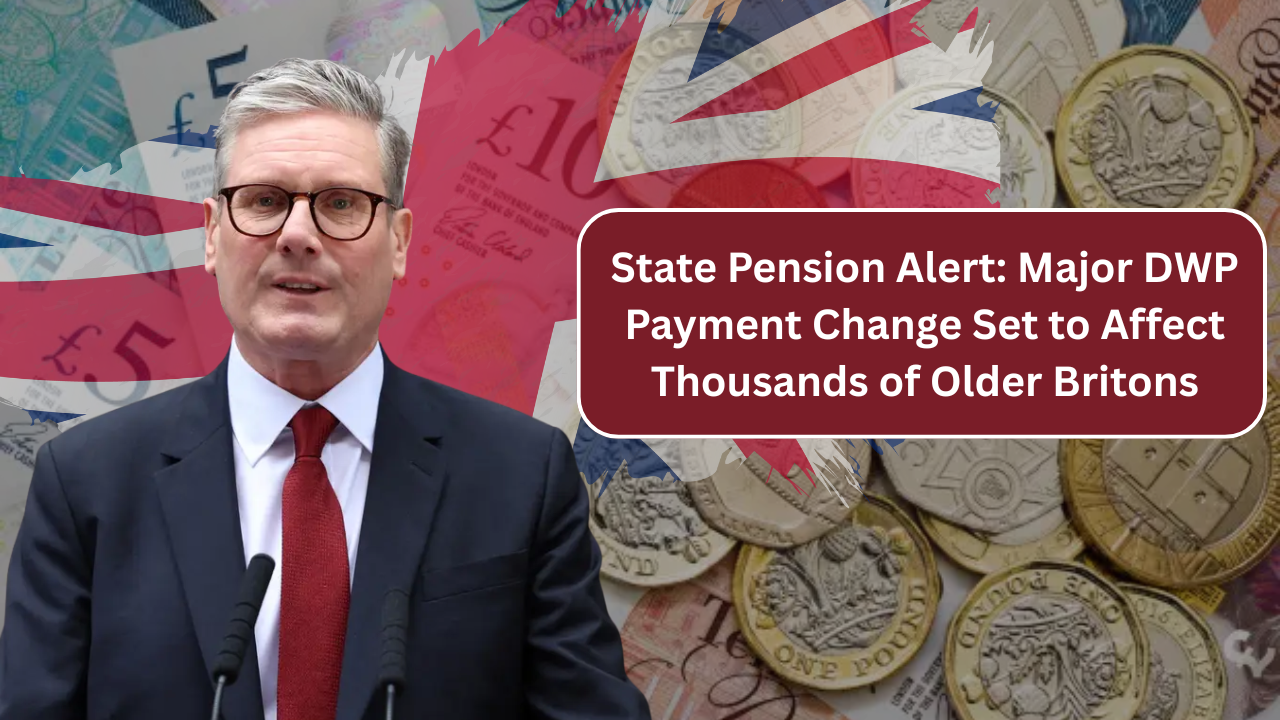The Department for Work and Pensions (DWP) has admitted to underpaying state pensions to nearly 140,000 people in what MPs have labelled a “shameful shambles” of administrative errors spanning decades.
The blunder, which primarily affects elderly women, widows, and individuals over 80, is set to cost the government over £1 billion, with more than £800 million already repaid. The DWP has acknowledged that systemic failures stemming from outdated IT systems and complex pension rules caused thousands of people to receive less than they were legally entitled to, sometimes for decades.
A Long-Standing Failure
According to a report by the Public Accounts Committee in 2024, the errors date as far back as 1985. Most affected were married women who were entitled to a higher pension based on their husband’s National Insurance contributions but never received the update. Others include:
- Widows and widowers whose payments were not adjusted after the death of a spouse
- People over 80 who were not granted the automatic pension increase they were due
In total, underpayments were identified in over 139,000 cases, and the average amount owed per person exceeds £6,000.
The Root Cause: System Failures
The DWP has blamed the errors on a combination of outdated legacy IT systems and the manual nature of pension assessments. With a patchwork of rules that change depending on a person’s marital status, age, and individual history, even experienced caseworkers were prone to mistakes.
An internal National Audit Office (NAO) investigation found that the DWP failed to implement sufficient checks or modernise processes over the years, despite repeated warnings.
DWP’s Response: Slow but Ongoing
In January 2021, the DWP launched a correction programme to identify and reimburse all underpaid pensioners. The department aims to complete this by March 2027, but progress has been slow.
As of the latest figures, only around 60% of affected individuals have been contacted, leaving tens of thousands still in the dark about the money they’re owed.
You can find the DWP’s update and plans on its official page for State Pension Underpayment Review.
The correction exercise is focusing on three key groups:
- Married women who should have received an uplift when their husband retired
- Widows and widowers whose pensions were not recalculated after bereavement
- Over-80s who did not get the Category D (non-contributory) pension top-up

How to Check if You’re Affected
The DWP has said it will contact everyone affected. However, campaigners and financial experts warn that relying solely on DWP outreach could mean some people miss out.
Former pensions minister Sir Steve Webb, now a partner at pensions consultancy LCP, launched a free online tool to help people check if they may have been underpaid. The tool can be accessed here.
Additionally, pensioners can contact the Pension Service via the Gov.uk website or by phone at 0800 731 0469.
Political and Public Outcry
MPs across the political spectrum have condemned the DWP’s handling of the situation. The Public Accounts Committee has demanded that the department accelerate repayment efforts and invest in robust data systems.
We have to ensure that this type of injustice never happens again,” said Sir Stephen Timms, chair of the Work and Pensions Committee. “Every pound underpaid is a pound taken from people who often rely on their pensions for basic living costs.
The Office for Budget Responsibility (OBR) has noted that the financial impact of correcting these errors, while large, is manageable within the government’s current spending framework. Nonetheless, experts caution that the reputational damage to the DWP is significant.
A Call for Reform
As calls grow for broader reform of the state pension system, the DWP insists it has learned from its mistakes.
“We are committed to putting things right and have increased staff working on the correction exercise, said a DWP spokesperson. “We deeply regret the errors and are doing everything possible to identify and reimburse those affected.”
Yet many remain unconvinced that sufficient safeguards are now in place to prevent a recurrence.
Final Thought
This episode stands as a stark reminder of the importance of government accountability—especially when it comes to supporting those who rely most on the state for financial security in later life. While the DWP is working to correct its mistakes, pressure will remain until every affected pensioner is paid what they are owed.




